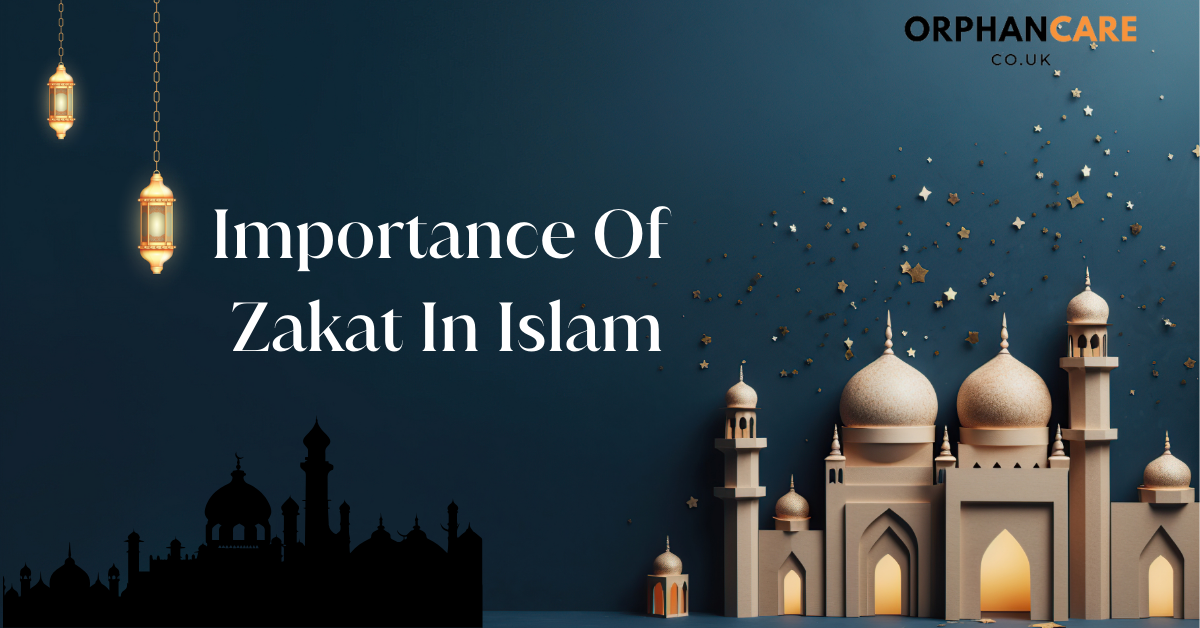Zakat, a fundamental pillar of Islam, is a form of obligatory charity designed to assist those in need and promote social justice within the Muslim community. Derived from the Arabic root “z-k-w,” meaning purification and growth, Zakat holds significant spiritual and socioeconomic importance.
1. Meaning and Purpose:
Zakat represents more than a mere financial obligation; it embodies the principle of social responsibility and economic justice. Muslims who meet specific criteria are required to donate a portion of their wealth annually to support the less fortunate and uphold communal welfare. By purifying one’s wealth through Zakat, individuals cultivate a sense of gratitude, humility, and compassion.
2. Calculation and Eligibility:
The calculation of Zakat involves determining one’s wealth and deducting any outstanding debts or essential expenses. Eligible assets subject to Zakat include savings, investments, gold, silver, and business profits exceeding a certain threshold (Nisab). Typically, Zakat is set at 2.5% of one’s total eligible assets, ensuring that wealth circulates within the community and reaches those in need.
3. Beneficiaries:
Zakat beneficiaries encompass various categories outlined in Islamic jurisprudence, including the poor, needy, debtors, travelers, and those striving in the path of Allah (fi sabeelillah). Funds collected through Zakat are distributed equitably to alleviate poverty, provide essential services, facilitate education, support healthcare initiatives, and empower marginalized groups. Islamic scholars and charitable organizations oversee the distribution process to ensure transparency and adherence to religious guidelines.
4. Impact and Sustainability:
Zakat plays a pivotal role in addressing socioeconomic disparities and fostering sustainable development. By redistributing wealth and resources, Zakat initiatives empower individuals and communities to break the cycle of poverty, attain self-sufficiency, and pursue opportunities for growth. Moreover, Zakat fosters solidarity and cohesion within the Muslim ummah, strengthening bonds of brotherhood and compassion across diverse backgrounds.
5. Contemporary Applications:
In the modern context, Zakat extends beyond traditional forms of wealth to encompass diverse assets, including cryptocurrencies, stocks, and business revenues. Innovative Zakat programs leverage technology and financial expertise to streamline collection, distribution, and impact assessment processes, ensuring greater efficiency and accountability. Moreover, Zakat education and awareness campaigns aim to inspire a culture of generosity and social responsibility among Muslims worldwide.
6. Global Outreach and Collaboration:
Zakat transcends geographical boundaries, serving as a powerful instrument for humanitarian aid and international development. Through strategic partnerships and collaborative efforts, Zakat institutions collaborate with governments, NGOs, and grassroots organizations to address pressing global challenges, including poverty, hunger, refugee crises, and natural disasters. By pooling resources and expertise, Zakat networks amplify their collective impact and promote sustainable solutions to complex societal issues.
7. Spiritual Rewards and Blessings:
Beyond its tangible benefits, Zakat yields immense spiritual rewards and blessings for those who fulfill this sacred obligation sincerely. Through acts of charity and compassion, believers strengthen their connection with the Divine, purify their souls, and earn divine favor and forgiveness. The Prophet Muhammad (peace be upon him) emphasized the transformative power of Zakat, stating, “Charity does not decrease wealth.”
If You Want to Donate needy, poor families and childrens then Click Here For Donation.
In conclusion, Zakat serves as a powerful mechanism for wealth redistribution, social welfare, and spiritual growth within the Muslim community. By upholding the principles of generosity, equity, and solidarity, Zakat enables individuals to fulfill their religious duties while fostering positive change and sustainable development globally. Embracing the spirit of Zakat fosters a culture of empathy, justice, and compassion, advancing the collective well-being of humanity.







